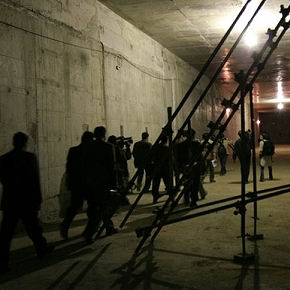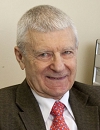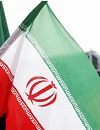 |
||
AtomInfo.Ru, 2006-2025.
Licence Р В Р’ВВВВР В Р’В» №ФС77-30792. ATOMINFO™ trademark.
Licence Р В Р’ВВВВР В Р’В» №ФС77-30792. ATOMINFO™ trademark.


